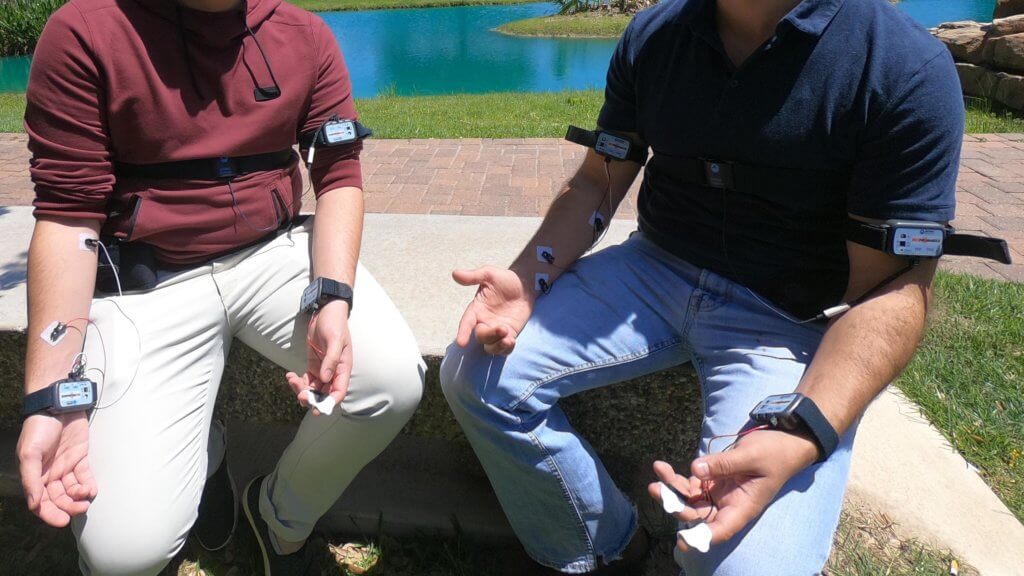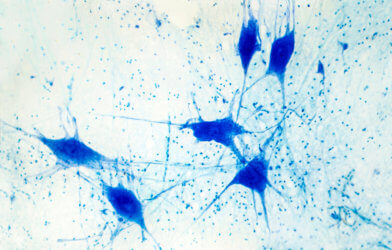Remember the rings and bracelets that changed color according to the wearer’s mood? They may have been a fun childhood fad, but NYU Tandon School of Engineering researchers have created the real thing. Biomedical engineers developed an evidence-based form of wearable technology called “MINDWATCH” that can track mental state by measuring the brain’s mechanisms via skin.
It’s long been this team’s goal to gauge mental activity using electrodermal activity (EDA). This describes an electrical response that the skin has to emotional changes like stress, pain, or fatigue.
“Inferring autonomic nervous system activation from wearable devices in real-time opens new opportunities for monitoring and improving mental health and cognitive engagement,” says Rose Faghih, an associate professor of biomedical engineering, in a statement. They hope to do this through MINDWATCH technology, which is short for Multimodal Intelligent Noninvasive brain state Decoder for Wearable Adaptive Closed-loop architectures, according to Faghih.
Previous works have measured the nervous system’s fight or flight activation through the sweat glands, but this wasn’t always timely. It didn’t yield a response for minutes. This study takes it a step further, by modeling a technology that measures the sweat glands themselves. The model has a direct 3D state-space representation of sweat secretion through the opening of pores. It also allows for a deeper understanding of how to make mental activity inferences.
The researchers conducted this work on 26 healthy people. Their findings suggest that they can accurately interpret signals from the brain. The new algorithm is also able to do so more quickly, responding in seconds compared to minutes before. More broadly, this means that this refined MINDWATCH technology can be used to monitor moments of mental pressure efficiently and dependably.
The options remain endless for the application of this model. Not only is mental health tracking clearly beneficial to the everyday citizen to improve quality of life, but this can become especially important to people with autism, post-traumatic stress disorder, severe depression, and suicidal thoughts.
Researchers also would like to improve productivity in instances where mental health causes it to fluctuate. They believe that their technology can provide an effective way to do so. “One’s performance changes based on their cognitive engagement and arousal levels,” says Faghih. “For example, very low or very high levels of arousal can result in poor performance. Hence, it is expected that. Ultimately, researchers can utilize the inferred autonomic nervous system activation and decoded arousal to develop interventions for improving productivity.”
In clinical settings, this model could even help in diagnosing diabetic neuropathy early on and in improving treatment interventions. It also could be especially useful in detecting newborn pain, since they can’t notify anybody verbally when something is wrong. Faghih and the team agree that this work can be a game-changer in mental health care, as well as physical health in nervous-system-related conditions.
Future directions involve implementing this new model and algorithm into actual wearables and seeking partners that can help manufacture devices to do it.
This study is published in the journal PLoS Computational Biology.












